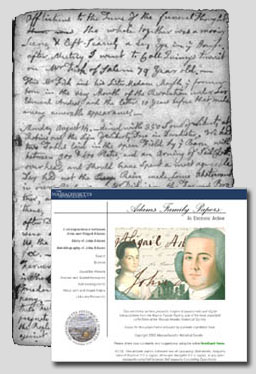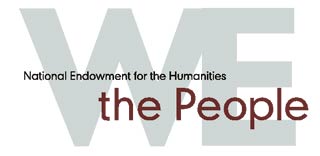John Adams diary 15, 30 January 1768, 10 August 1769 - 22 August 1770

From the Adams Family Papers
The transcription of this entry (for 14 August 1769) from Adams's diary (diary 15, page 7) is featured on the Adams Family Papers: An Electronic Archive website.
Online display of the diary.
"Sensations of Freedom"
Under pressure from British merchants and colonial leaders, Parliament repeals the Stamp Act in March 1766. Having emerged triumphant, the inter-colonial Sons of Liberty movement largely dissipates. Many Sons of Liberty groups, however, continue to remain active in local community affairs. As news of the repeal reaches the colonies, the Sons commemorate the occasion with lavish celebrations. In Boston, the Sons of Liberty continue to gather every year on 14 August to commemorate their own special place in the history of the Stamp Act.
Questions to Consider
1. Why do the Sons of Liberty choose to gather on 14 August each year (what event are they commemorating)? Why might the Boston Sons of Liberty choose to commemorate this event? What purpose does their commemoration serve?
Further Exploration
3. William Palfrey also attends the event on 14 August 1769, and he creates a list of all the guests at the gathering. (Click here to view the list.) Why do you think that William Palfrey creates this list? Who is his intended audience?
Funding from the Massachusetts Society of the Cincinnati supported enhancements to this website.



